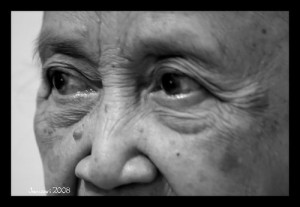This seems to have been my season for issues driven by testamentary, or pseudo testamentary transfers. Estate planning is a big issue that requires independent consultation like Stone Arch Law Office, PLLC – Estate Planning Law Firm does.
I’ve encountered the post petition trust beneficiary; the client with an unanticipated prepetition interest in a probate estate; and the residual beneficiary of a spend thrift trust irrevocable before filing.
But I saw a new one that I need to add to my list of things to discuss with clients.
My clients who were establishing trusts in Chapel Hill , are the beneficiaries of a couple of small insurance policies owned by one debtor’s parent. The policies were intended to provide for funeral expenses of the parent.
When the parent passed away within 180 days of the bankruptcy filing, those insurance policies dumped their bounty into the lap of the bankruptcy trustee. A law firm that only does probate can concentrate solely on elders and can give them all the attention.
So thanks to § 541(a)(5), money flowing from the efforts of a non debtor and intended for one purpose either pays my clients’ creditors or displaces the exemption protecting some asset of the debtors.
Twenty questions
I currently ask new clients if they have an interest in the estate of someone who has already died and if there is any likelihood that someone may pass away in the next six months. If possible we try to determine whether the testamentary instrument is a will or a trust.
If it’s a will, we consider whether the testator might be open to making any provision for my clients in a spend thrift trust as an alternative.
But I need now to look for life insurance issues where the purpose was not to benefit the beneficiaries but to enable payment of the deceased’s last expenses.
Complexities never cease.
Image courtesy of jarrodstone.









Is a spend thrift trust necessary? If instead of a will the property is transferred by living trust upon the death of the trustor post bk filing, is the property received by the beneficiary-debtor estate property? It is not received by inheritance technically. I seem to recall a case or two saying that the standard revocable living trust eliminates the risk of losing the property a debtor will be get from someone who dies within 6 months of filing a bankruptcy case. Isn’t inheritance construed strictly as property received by will or laws controlling who gets the property if no will?
How about those bank accounts that say that the money will go to someone upon the death of the account owner (like naming a beneficiary). Is that money the debtor receives by inheritance and, therefore, estate property if the death occurs within 6 months of filing the bankruptcy case?